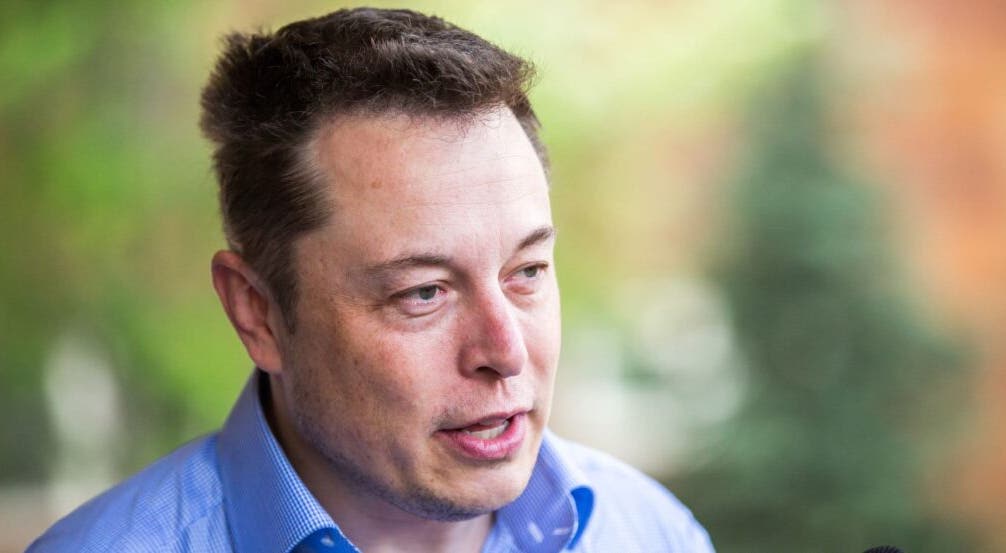
Twitter CEO Elon Musk’s Commitment to freedom of expression was questioned on Saturday in connection with the social media platform’s measure to restrict access to some content in Turkey, where parliamentary and presidential elections are held on Sunday.
What happened: incumbents in what were seen as hard-fought general and presidential elections Recep Tayyip Erdogan will take on a unified opposition. Political analysts have raised the possibility that Erodgan’s more than two-decade rule could be coming to an end due to public dissatisfaction with his handling of the economic crisis and an earthquake that killed over 50,000 people in February.
Substack author and Bloomberg columnist Matthew Yglesias retweeted a tweet from Twitter Global Government Affairs on Saturday, which said: “[in] In response to a court case and to ensure Twitter remains available to people in Turkey, we took action today to restrict access to some content in Turkey.”
A follow-up tweet also stated that affected account holders had been notified of the action and that the restricted content would remain available in the rest of the world.
In response to Twitter’s move, the Substack author tweeted that the Turkish government “askd Twitter to censor its opponents just before the election” and that Musk complied with that consequence – a decision that, according to Yglesias, “resulted in some interesting Twitter Files reports.”
The Twitter files are a select set of internal documents that disclose the platform’s content moderation policies and procedures.
See also: How did Elon Musk make his money?
Yglesias accused Musk of acting out of self-interest, tweeting that the billionaire has a much bigger business as the majority shareholder of a major international automaker, citing Musk’s electric vehicle maker Tesla.
“The company has to curry favor with different regimes,” Yglesias added.
Musk goes off: The columnist’s comments provoked Musk, who explained the difficult choices he had to make…
[ad_2]
Source story

